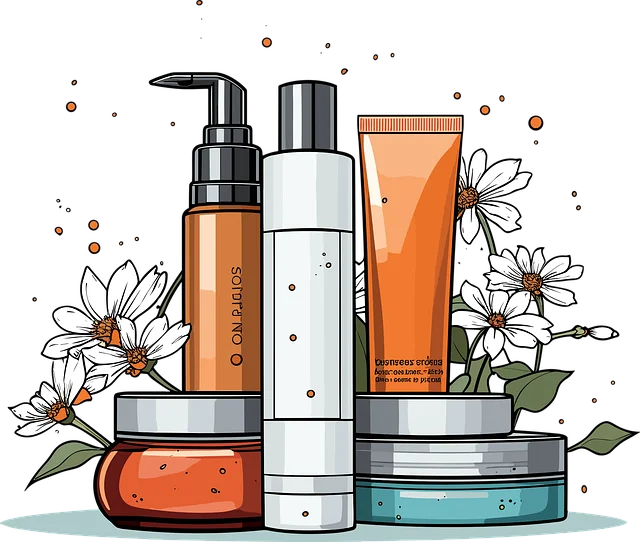Skincare is one of the most discussed topics, but not everything we hear about it is accurate. Many common skincare myths have been passed down through the years, and they can lead to confusion and ineffective routines. Let’s debunk 5 of the most prevalent skincare myths and uncover the truth behind them.
1. Natural Ingredients Are Always Better for Your Skin
It’s a common misconception that natural ingredients are always better than chemicals when it comes to skincare. While the term “chemical” may sound alarming, remember that water is a chemical compound made up of hydrogen and oxygen, and it’s essential for good skincare.
What truly matters is the quality and formulation of the product. Natural and organic products can be incredibly effective, but when poorly formulated, they can cause skin irritation, spoil quickly, or have a less pleasant texture. On the other hand, certain chemicals like preservatives are crucial for maintaining the stability and shelf life of skincare products. It’s essential to use well-formulated organic beauty products like those from brands such as Well Within Beauty, which blend both natural and safe synthetic ingredients.
2. Aggressive Cleansing Will Clear Acne
It’s tempting to believe that constantly washing your face will help get rid of acne, but this approach can do more harm than good. Over-cleansing or using harsh products can strip the skin’s natural oils, weakening the skin barrier and making it more prone to breakouts.
Instead, opt for gentle cleansing using the double cleansing method at night. Start with an oil-based natural makeup remover to remove makeup and sunscreen, followed by a mild water-based cleanser to clean the skin. This gentle yet thorough method cleanses without damaging the skin barrier, which is key to preventing acne.
3. You Don’t Need Sunscreen in Winter or on Cloudy Days
Many people skip sunscreen in the winter or on cloudy days, assuming they are safe from harmful UV rays. The truth is, UVA and UVB rays can penetrate clouds and even glass, meaning your skin is still at risk, even on overcast days or when indoors.
To protect your skin from premature aging, wrinkles, and skin cancer, wear sunscreen every day, even on cloudy days or during winter months. Choose a broad-spectrum sunscreen with SPF 30 or higher for optimal protection.
4. Oily Skin Doesn’t Need Moisturizer
It’s a common myth that people with oily skin should avoid moisturizers. However, oily skin is often a result of your skin being dehydrated, causing it to overproduce oil to compensate. The truth is, oily skin still needs hydration to restore balance.
Choose a lightweight, gel-based moisturizer that hydrates without clogging pores or making your skin feel greasy. Stay away from heavy creams, which can exacerbate oiliness. Using the right moisturizer can actually help reduce excess oil production by keeping your skin balanced and hydrated.
5. Pores Can Open and Close
Many people believe that pores can “open” and “close,” but this isn’t true. Pores do not have muscles and cannot physically open or close. The size of your pores is primarily determined by genetics.
What you can do, however, is minimize the appearance of pores. Clogged pores filled with oil and dead skin cells can make them appear larger. Use chemical exfoliants like AHAs (alpha hydroxy acids) or BHAs (beta hydroxy acids) to help remove dead skin cells and keep pores clear. Regular exfoliation will give your skin a smooth appearance and help reduce pore visibility.
Conclusion: Focus on the Facts, Not the Myths
In skincare, accurate knowledge is crucial for developing an effective routine. It’s always best to consult with dermatologists or skincare professionals to understand your skin’s needs. Additionally, always rely on reputable sources and research rather than hearsay when choosing products for your skin.
By debunking these common skincare myths, you’ll be better equipped to create a healthy, balanced skincare routine that works for your skin type, age, and lifestyle.

